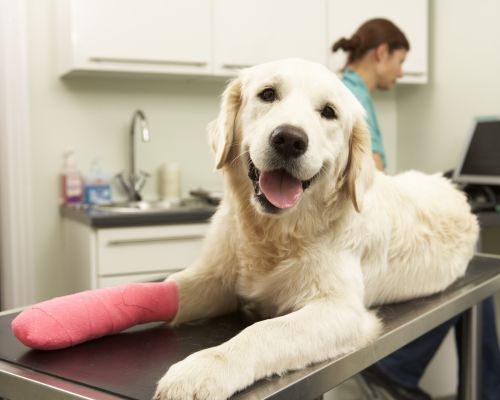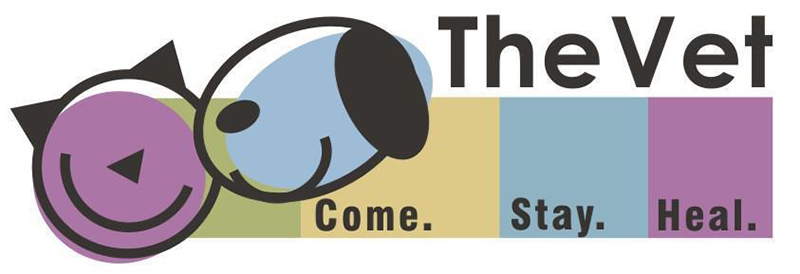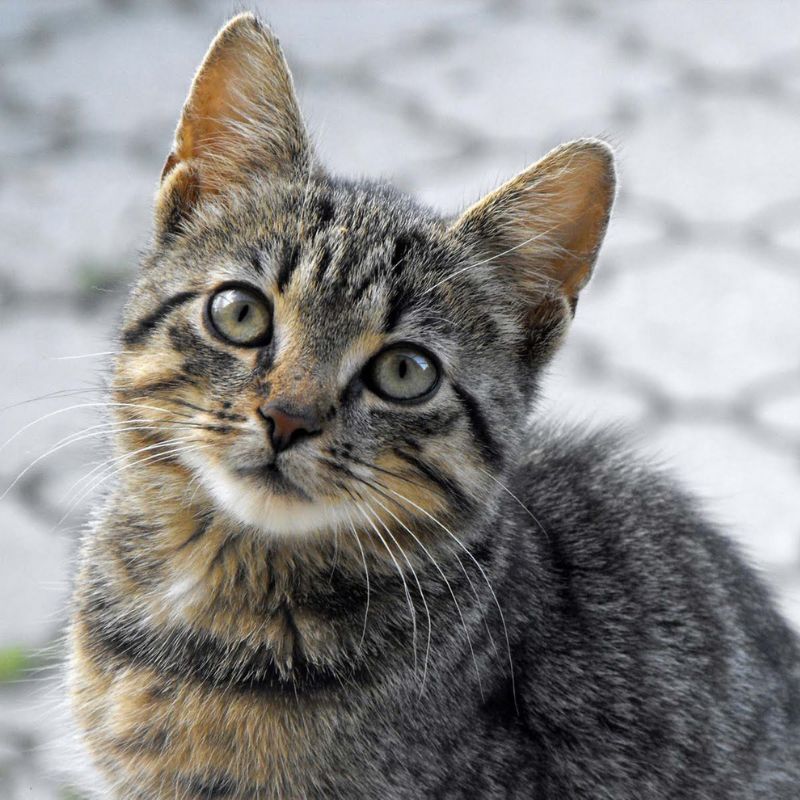Pet Surgery
At The Vet, we fully understand that having your pet undergo surgery is never easy.
Pet Surgery in Richardson, TX
To that end, we’re happy to answer any questions regarding your pet’s surgery.
Pet Surgery
A pre-surgical consultation is an essential part of the process. Our medical staff is happy to provide information on postoperative care to ensure a rapid return to your pet’s happy, healthy self. Whether performing a routine surgery or an emergency procedure, you can be confident that Dr. Stevens and her staff will work hard to ensure each procedure is thorough, complete with the utmost expertise, and as stress-free as possible for you and your pet.

Our Facilities
The Vet excellent surgical suite helps ensure soft tissue surgeries are as safe and efficient as possible, reduces the risk for complications, and allows us to perform surgical procedures as quickly as possible using the best practice protocols. We offer soft tissue surgeries ranging from routine spay and neuters to removing cysts and lumps, urinary bladder surgery, exploratory abdominal surgery, foreign body removal, gastrointestinal surgeries, feeding tube placement, and eye or tail removal due to trauma.
Pre-Surgery Exam
A thorough examination is always performed before your pet undergoes any surgical procedure at The Vet. Examination includes a pre-surgical blood screen that, along with your pet’s anesthetic history, preexisting conditions, and age, will be used to determine a unique anesthesia protocol. This information also establishes a baseline for comparing future blood tests.
Anesthesia
For most surgical procedures, anesthesia is required. While under anesthesia, your pet’s blood pressure, heart rate, respiratory rate, body temperature, and oxygen level are continuously monitored by our dedicated anesthetist and anesthetic monitors. A dedicated anesthetist is a veterinary technician whose sole responsibility is to monitor anesthesia. He or she is continuously monitoring the patient’s vital parameters, having no other responsibilities as distractions. Although this is not a routine protocol in many veterinary clinics, we do not want our patients to be watched any less closely than we would our pets or ourselves. We utilize aggressive heat support to maintain a constant body temperature during the procedure via a circulating water pad and warmed IV fluids. Following surgery, your pet recovers under the direct supervision of a surgical team member in a dedicated recovery area.
The Vet strictly follows state-of-the-art anesthesia protocols. By receiving regular training and consulting with board-certified veterinary anesthesiologists, we ensure our practice meets the most current protocols and recommendations for anesthesia and pain management. We use only isoflurane gas anesthesia, considered among the safest anesthetics available in veterinary medicine.
Pain Management
Just as with humans, pain can have negative effects on cats that go beyond physical discomfort. Pain after surgery can slow healing and worsen diseases like arthritis. Because our companion friends don’t understand why they are experiencing pain, pain can cause behavioral issues and interfere with the bond between you and your pet. Dr. Stevens is a member of the International Veterinary Academy of Pain Management and is trained to ensure each surgical patient is as comfortable as possible before, during, and following any procedure.
Before any surgery, all our patients are pre-medicated with a gentle combination of narcotic pain relievers and sedatives. The exact protocol is tailored to each animal and depends on factors determined by the pre-surgery exam, your pet’s health history, and the type of procedure. Once the pre-medication drugs are in effect, IV fluids and anesthesia are administered. Additionally, we know that stress can exacerbate pain. At the same time, pets are hospitalized before and after surgery; many of our patients are also given medication to help reduce anxiety and address any pre-existing pain for 12 to 24 hours before and after surgery.
Pets often return home with medications for pain maintenance to ensure that they recover as quickly and pain-free as possible.
Postoperative Care
The amount of time your pet will need to be monitored after surgery varies. Most pets stay with us one night and are discharged the following day. Some of our pets require extended recovery time and may stay with us for several days. Pets that are critical or have extensive monitoring needs can be transferred to an area emergency clinic for continued care.
When your pet is discharged, the team at The Vet will provide you with information on proper home care after surgery. Often, your pet will be prescribed medication; in this case, we will explain how and when to administer it. Contact us at (972) 675-2510 with any questions or concerns following surgery, and we will be more than happy to help you.

